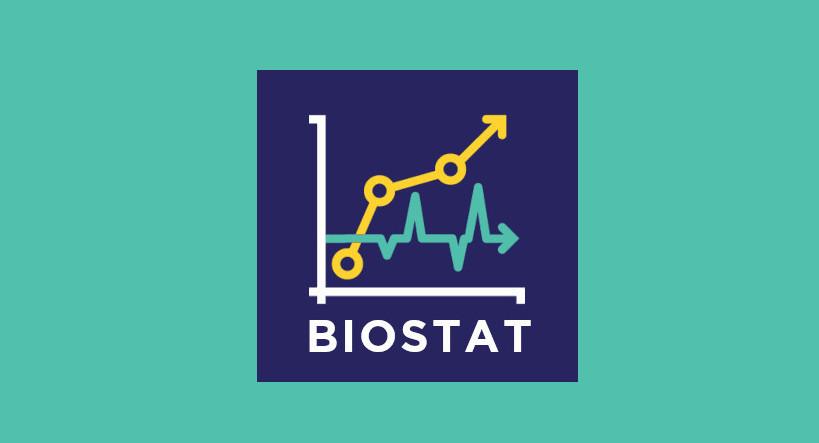
BIOSTAT
Biostatistics

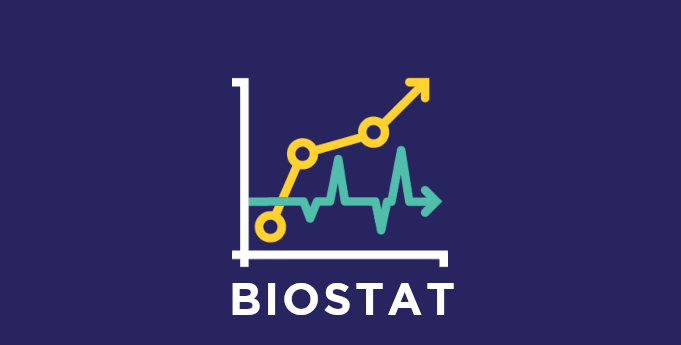
Details
Université de Bordeaux – ISPED
146 rue Léo-Saignat
33076 BORDEAUX cedex
Objectives
The main objective of the team is the development of statistical methods for time-dependent data coming from either observational cohort studies, clinical trials or case-control studies with the aim to answer clinical and public health questions regarding chronic diseases: future burden, risk factors, individual prediction, underlying pathological mechanisms, and treatment effects.
Research area
In the past five years the team worked on two main topics: multivariate models for time-dependent data and model-based estimation of public health indicators. Our main domain of research focus on the development of multivariate dynamic models for the analysis of censored time-to-events and/or repeated measures of longitudinal data accounting for complex observation schemes.
These works are motivated by the study of the natural history of chronic diseases such as the Alzheimer disease or the Multi-System Atrophy, the investigation of the impact of time-dependent exposures, or the validation of surrogate markers for clinical trials in cancer research.
Parametric and semiparametric estimation procedures for frailty models for correlated time-to-events, clustered data and/or recurrent events as well as joint models for event times and longitudinal markers were implemented in the R-package Frailtypack. Another field of research regards the extension of mixed models using latent classes and/or latent processes for the analysis of multiple longitudinal outcomes with non-standard distributions in heterogeneous populations.
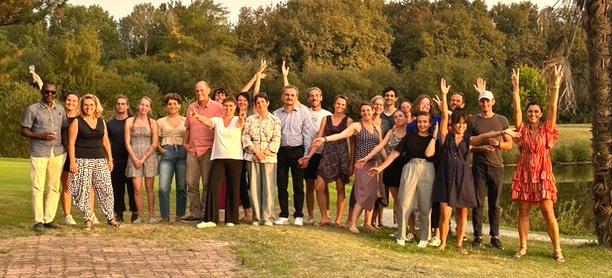
Software
Find here all our files
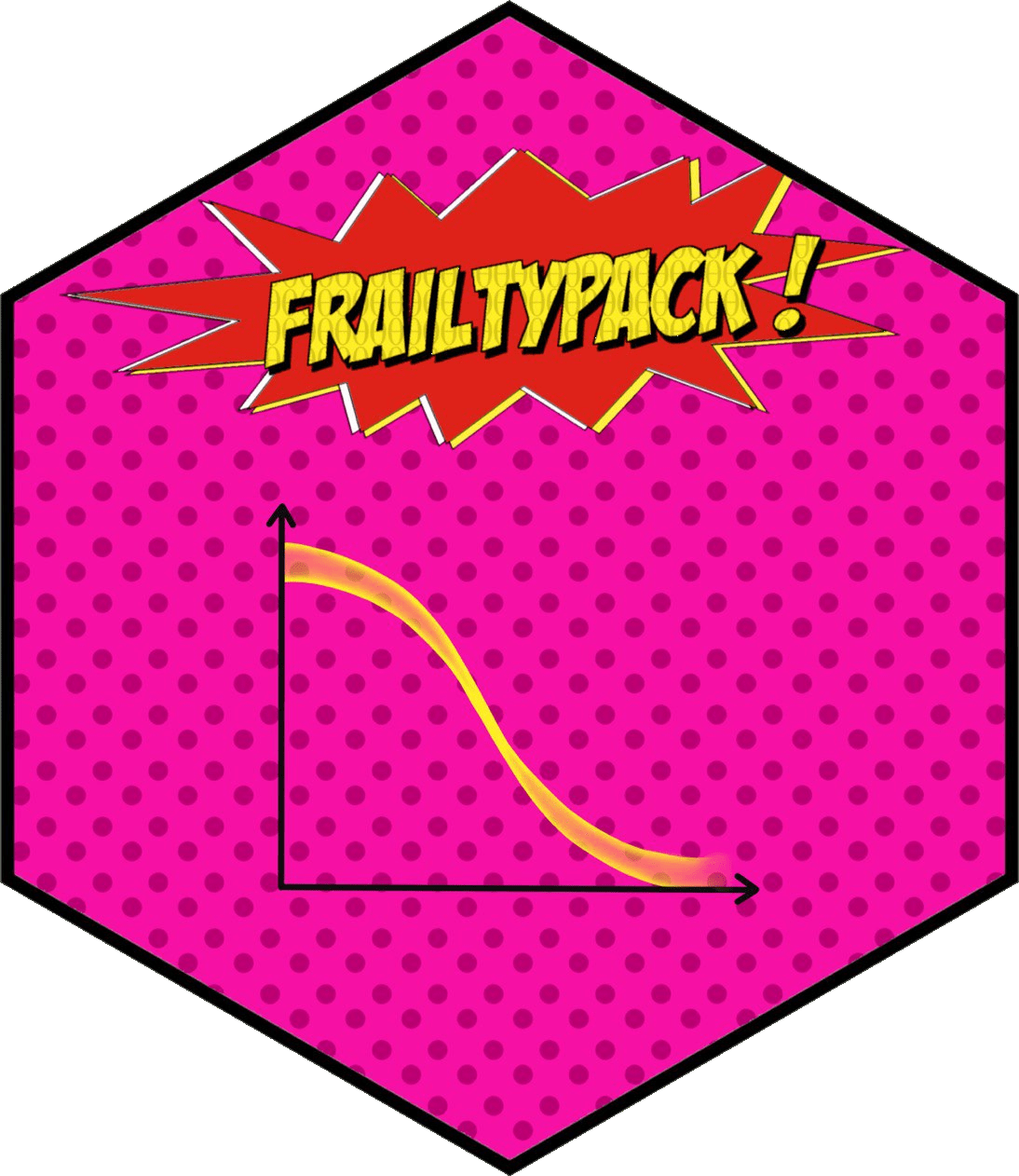
R package for Shared, Joint (Generalized) Frailty Models; Surrogate Endpoints
https://cran.r-project.org/web/packages/frailtypack/index.html
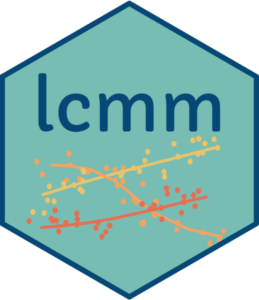
Estimation of various models for longitudinal and time-to-event data based on latent classes and latent processes

A Parallelized General-Purpose Optimization Based on Marquardt-Levenberg Algorithm
https://cran.r-project.org/web/packages/marqLevAlg/index.html
https://github.com/VivianePhilipps/marqLevAlgParallel/
Random Forest with Multivariate Longitudinal Predictors.
R package
https://github.com/anthonydevaux/DynForest
https://cran.r-project.org/web/packages/DynForest/index.html
2023 Key Publications
Alencar de Pinho N, Prezelin-Reydit M, Harambat J, Couchoud C, Glaudet F, Combe C, Rondeau V, Leffondre K. Arteriovenous access creation and hazards of hospitalization and death in patients starting hemodialysis. Nephrol Dial Transplant. 2023. https://doi.org/10.1093/ndt/gfad251
Chauvet J, Rondeau V. A flexible class of generalized joint frailty models for the analysis of survival endpoints. Stat Med. 2023;42(8):1233-62. https://doi.org/10.1002/sim.9667
Devaux A, Helmer C, Genuer R, Proust-Lima C. Random survival forests with multivariate longitudinal endogenous covariates. Stat Methods Med Res. 2023;32(12):2331-46. https://doi.org/10.1177/09622802231206477
Jacqmin-Gadda H, Philipps V, Guillet F, Tzourio C, Helmer C, Joly P. Impact of interventions scenarios targeting three main vascular risk factors on the future burden of dementia in France. Eur J Epidemiol. 2023;38(4):435-43. https://doi.org/10.1007/s10654-023-00974-w
Le Bourdonnec K, Samieri C, Tzourio C, Mura T, Mishra A, Tregouet D-A, Proust-Lima C. Addressing unmeasured confounders in cohort studies: Instrumental variable method for a time-fixed exposure on an outcome trajectory. Biom J. 2023:e2200358. https://doi.org/10.1002/bimj.202200358
Le Coent Q, Legrand C, Rondeau V. Time-to-event surrogate endpoint validation using mediation analysis and meta-analytic data. Biostatistics. 2023;25(1):98-116. https://doi.org/10.1093/biostatistics/kxac044
Le Gall L, Harambat J, Combe C, Philipps V, Proust-Lima C, Dussartre M, Drueke T, Choukroun G, Fouque D, Frimat L, Jacquelinet C, Laville M, Liabeuf S, Pecoits-Filho R, Massy ZA, Stengel B, Alencar de Pinho N, Leffondre K, Prezelin-Reydit M, group C-Rs. Haemoglobin trajectories in chronic kidney disease and risk of major adverse cardiovascular events. Nephrol Dial Transplant. 2023. https://doi.org/10.1093/ndt/gfad235
Proust-Lima C, Saulnier T, Philipps V, Traon AP-L, Peran P, Rascol O, Meissner WG, Foubert-Samier A. Describing complex disease progression using joint latent class models for multivariate longitudinal markers and clinical endpoints. Stat Med. 2023;42(22):3996-4014. https://doi.org/10.1002/sim.9844
Rustand D, van Niekerk J, Krainski ET, Rue H, Proust-Lima C. Fast and flexible inference for joint models of multivariate longitudinal and survival data using integrated nested Laplace approximations. Biostatistics. 2023. https://doi.org/10.1093/biostatistics/kxad019
Valeri L, Proust-Lima C, Fan W, Chen JT, Jacqmin-Gadda H. A multistate approach for the study of interventions on an intermediate time-to-event in health disparities research. Stat Methods Med Res. 2023;32(8):1445-60. https://doi.org/10.1177/09622802231163331
Last News

BIOSTATISTICS SEMINAR : Optimal control for parameter estimation in partially observed hypoelliptic stochastic differential equations used in neuronal modeling
Seminars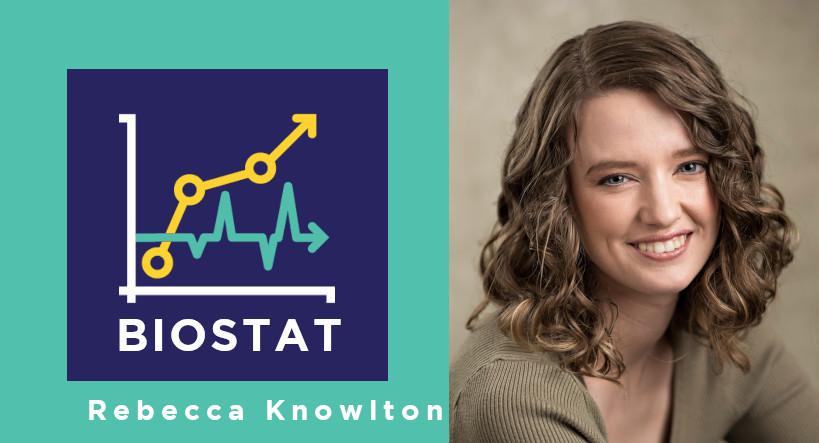
BIOSTATISTICS SEMINAR: Complex Heterogeneity in the Utility of a Surrogate Marker
- Rebecca KNOWLTON
Seminars
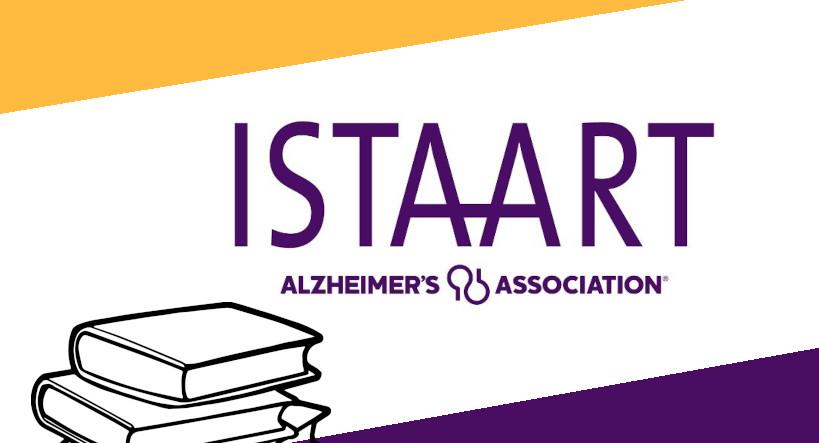
A publication on the association between Sex/Gender and Cognitive Decline won the 2023 Publication of the Year Award
PressMembers
AlioumAmadou
Professeur des Universités en BiostatistiqueBAGHFALAKITaban
Senior ResearcherBarbieriAntoine
Maître de conférencesBercuAriane
Ingénieure en BiostatistiquesCatoirePierre
CourcoulLeonie
DoctoranteDarmignySandrine
Assistante administrativede CoursonHugues
ChercheurFaureLéa
Doctorante en ÉpidémiologieGABAUTAuriane
Étudiante en thèseJACQMIN GADDAHélène
Directrice de Recherche InsermJolyPierre
ProfesseurKAZANTZIDISGeorgios
PhD student and BiostatisticianLe BourdonnecKateline
Doctorante en Santé Publique - BiostatistiqueLe GallLisa
PhD student EpidemiologyLe ProvostBlandine
Ingénieur en BiostatistiquesLeffondréKaren
ProfessorPhilippsViviane
Ingénieure d'étudePIERLOTRomain
Ingénieur statisticienProust-LimaCécile
Director of research in BiostatisticsRakezManel
Ph.D. StudentREMIATJustine
Doctorante en Santé Publique - BiostatistiqueROBERTMarius
Doctorant en Biostatistiquerondeauvirginie
Directrice de recherche en BiostatistiqueRouanetAnaïs
Maître de conférences en BiostatistiqueSAULNIERTiphaine
PhD student in Biostatistics, Public HealthSégalasCorentin
Research FellowSirnaFederico
BiostatisticienCarreer
If you are interested by research in Biostatistics and more generally Statistics applied to health, send a motivated application to sandrine.darmigny@u-bordeaux.fr. Our biostatistics team welcomes interns, PhD students and postdoctoral researchers each year.




